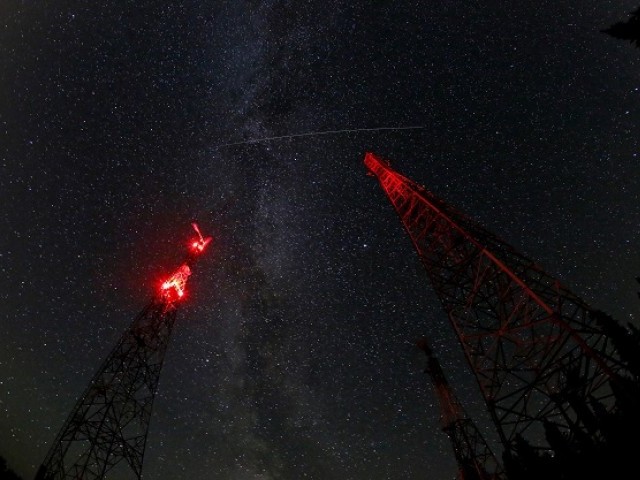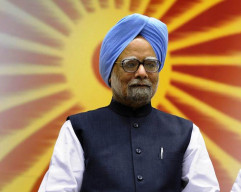
The Athena-Fidus satellite, operated jointly with Italy, was approached "a bit too closely" by Russia's Luch-Olymp craft, known for its advanced listening capacity, Parly said at France's National Centre for Space Studies (CNES) in Toulouse, southern France.
"It got so close that we might have imagined it was trying to intercept our communications," she added.
"Trying to listen to your neighbours is not only unfriendly. It's an act of espionage," she said.
Russia says will not deploy arms in space first
Parly said officials took the "appropriate measures" and continued to monitor the satellite after it left, and observed it maneuvring near other targets as well, she said.
Last month Washington accused Moscow of developing anti-satellite weapons and cited "very abnormal behaviour" of a "space object" deployed by Russia last October.
"We are well aware that other major players in space are deploying intriguing objects into orbit, experimenting with potential offensive capabilities, conducting manuevers which leave no doubt as to their aggressive intent," Parly said.
French President Emmanuel Macron plans to lay out next year plans for a "space defence strategy" for France, with an advisory committee expected to make proposals by November.
"We're at risk, our communications, our military manuevers and our daily operations are at risk if we don't react," Parly said.

1726117332-0/Megan-Thee-Stallion-(1)1726117332-0-165x106.webp)





















COMMENTS
Comments are moderated and generally will be posted if they are on-topic and not abusive.
For more information, please see our Comments FAQ